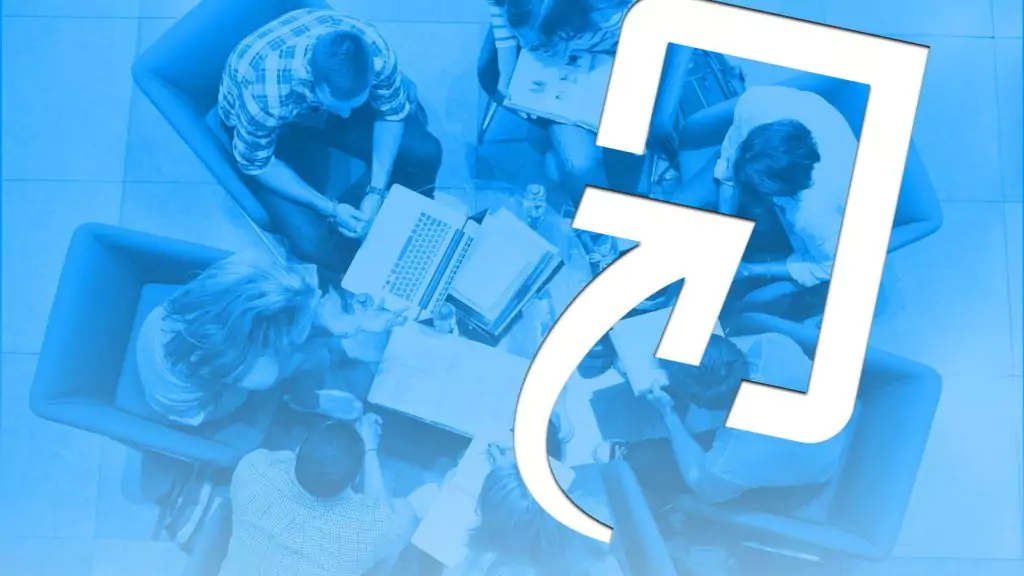A university student has been accused of using artificial intelligence (AI) to write a final paper for a criminal justice class. The student, who goes by the name of Emily, received a grade of 0/15 for the paper, with her professor alleging that 9% of the content was likely copied straight from an AI source.

✅ AI Essay Writer ✅ AI Detector ✅ Plagchecker ✅ Paraphraser
✅ Summarizer ✅ Citation Generator

Emily discovered the accusation when she checked her grade on Thursday, just days before the final grades were due on Sunday. According to the professor’s comments, the first paragraph and the first sentence of the second paragraph were the main culprits, with Emily’s first paragraph being only three sentences long.
Frustrated and angry, Emily ran her essay and the disputed paragraph through several AI tools such as Writer, OpenAI API, and GTPZero. The results of all three tools came back as “very unlikely AI-generated”. Emily also found that she was not alone in facing this problem, with other students also being accused of using AI to write their papers.
The university uses Turnitin to check for plagiarism, and Emily was surprised to learn that her essay had triggered the AI detection system. She has since emailed her professor for clarification, but has yet to receive a response. The accusation has resulted in her final grade dropping from 97% to 83%, thereby jeopardizing her chances of achieving a 4.0 GPA.
Avoiding Unintended AI Traces
It is essential for students to be mindful of their writing style to avoid being mistaken for AI-generated content. Maintaining a unique voice and incorporating personal insights can help ensure authenticity. While for a machine it can be hard to understand the concept of “voice” in the paper, writers at essay services can help you deal with written pieces but not at the expense of losing your individuality.
The Burden of Proof
Concerns have been raised about the burden of proof in cases where students are accused of using AI. Academic institutions should thoroughly investigate and ensure there’s substantial evidence before penalizing students.
AI Detection Tools
AI content detectors can help educators differentiate between human-generated and AI-generated content. These tools can potentially prevent false accusations and protect students from unjust consequences.
The Ethics Debate
The use of AI in academic assignments has sparked a debate on ethics. Open conversations between students and educators are necessary to establish clear guidelines and address concerns related to AI use in academia.
The Human Element
Educators should approach cases of AI accusation with empathy and understanding, recognizing that false accusations can have long-lasting effects on students’ academic and emotional well-being.
Overcoming False Accusations
Students facing false AI accusations should gather evidence to support their case, such as drafts, outlines, and research notes, to demonstrate the authenticity of their work.
Preventive Measures
Taking preventive measures, such as discussing the use of AI tools with professors, citing sources meticulously, and seeking feedback from peers or tutors can help students avoid the possibility of being falsely accused.
The Impact on Reputation
False AI accusations can potentially damage a student’s reputation. Colleges and universities should handle such cases responsibly to avoid tarnishing the student’s future prospects.
The Role of Communication
Communication between students and educators is crucial to address misunderstandings and prevent false accusations. Students should regularly update their professors about their progress and seek guidance throughout the assignment process.
The Emotional Toll
The emotional toll that false AI accusations can have on students should not be overlooked. Educators should consider the impact on students’ mental health and well-being when handling such cases and provide support and resources for those affected.
Learning from the Experience
Students can use the experience of a false AI accusation as a wake-up call to refine their writing skills, develop their unique voice, and avoid future misunderstandings.
Conclusion
As AI continues to make inroads into various aspects of our lives, it’s crucial for students and educators to navigate the challenges posed by its presence in academia. Open communication, empathy, and the use of detection tools can help ensure a fair and just academic environment for all.
- Best assignment writing service: Our top 10 – Reserve Version
- Best assignment service: Our top 10
- Ground News Review 2025
- Media Bias Fact Check Review 2025
- PolitiFact Review 2025
Follow us on Reddit for more insights and updates.





Comments (0)
Welcome to A*Help comments!
We’re all about debate and discussion at A*Help.
We value the diverse opinions of users, so you may find points of view that you don’t agree with. And that’s cool. However, there are certain things we’re not OK with: attempts to manipulate our data in any way, for example, or the posting of discriminative, offensive, hateful, or disparaging material.